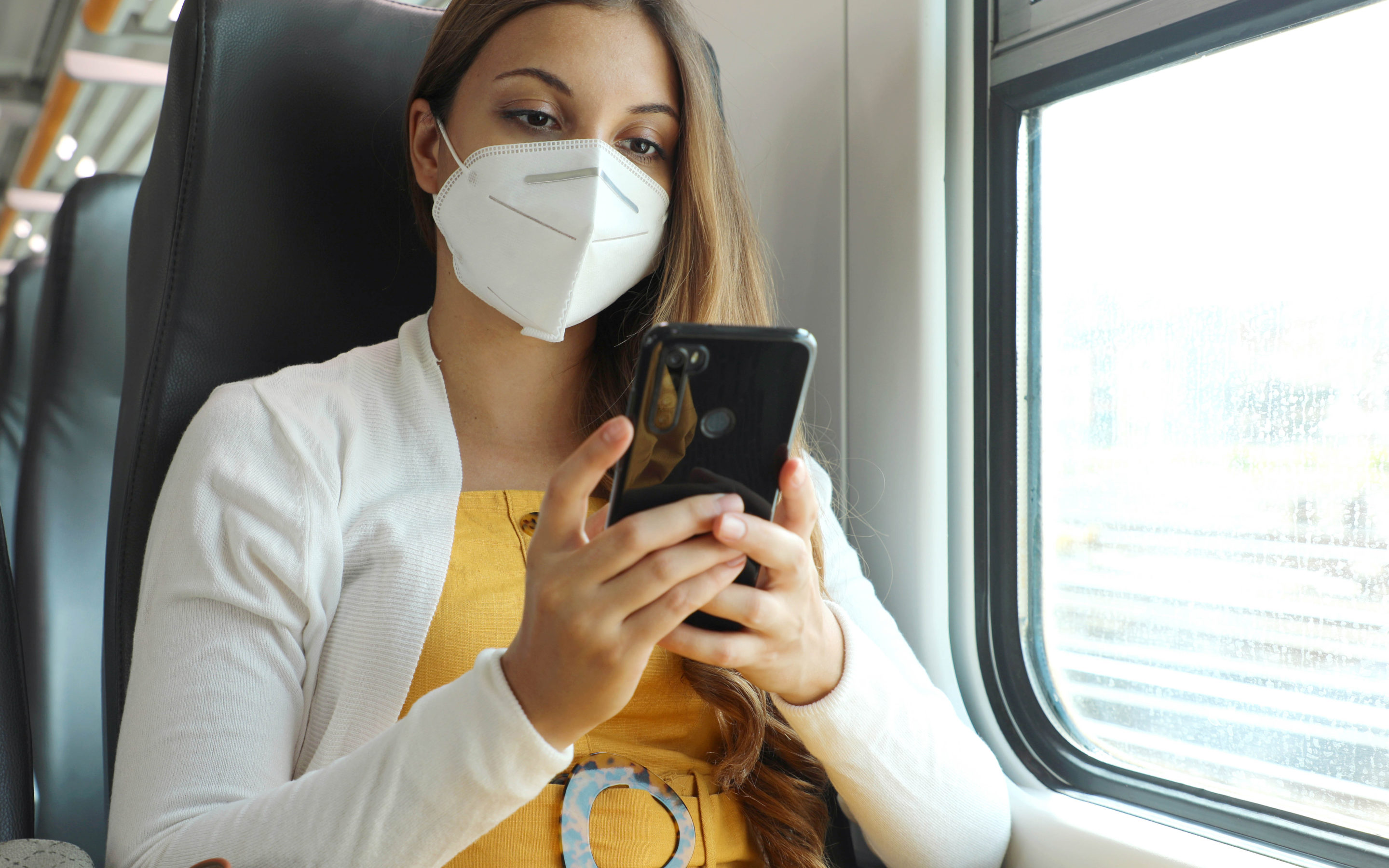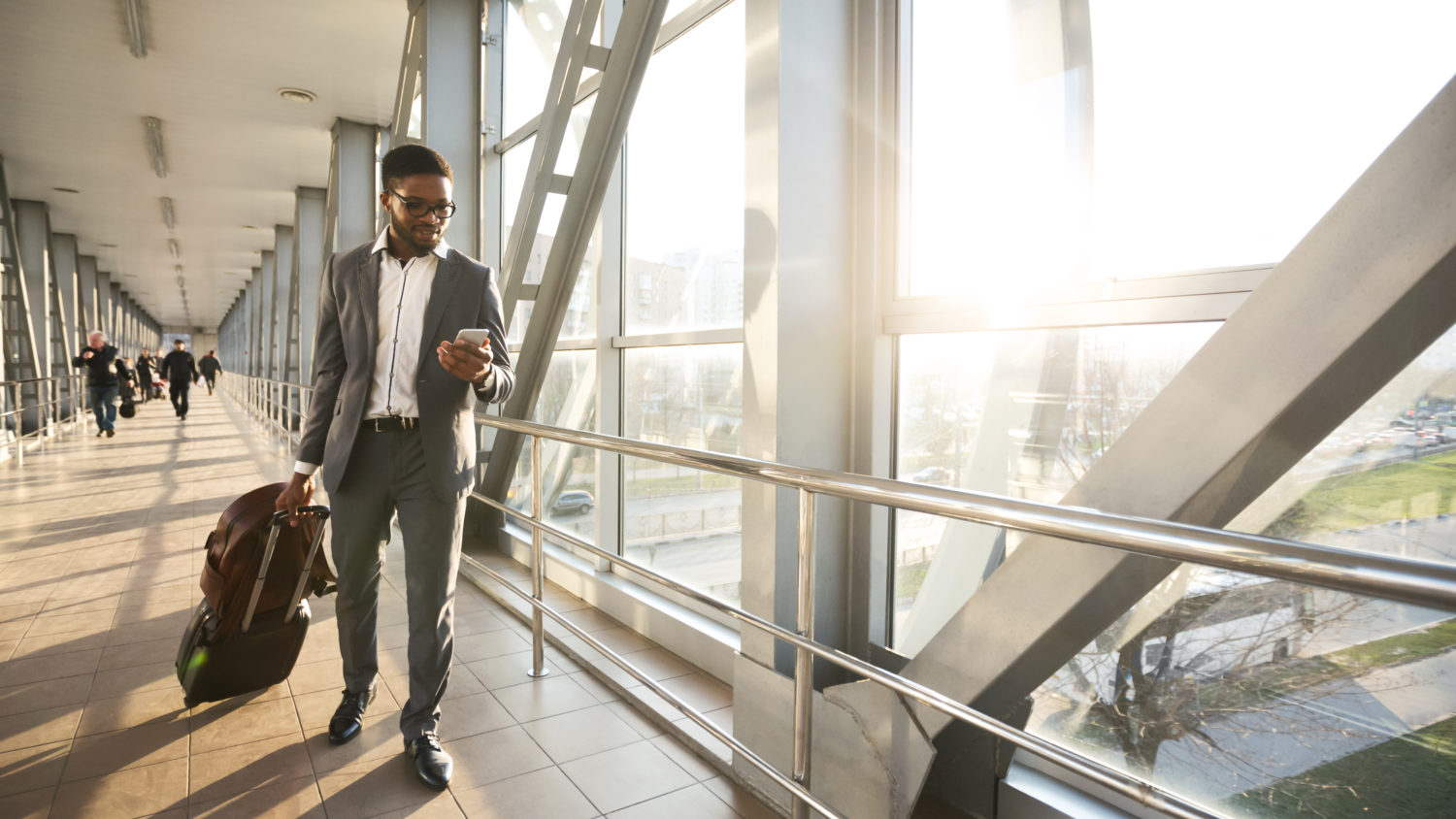The Impact of Going Remote on Business and Leisure Travel

The hospitality industry has shown signs of recovery in many areas since the start of the pandemic, but one area that continues to struggle is business travel. The abrupt halt contributed to losses due to cancelled conference events and businesses no longer sending employees out to cities for specific projects. The loss of room nights from business travelers needing a room between conferences and meetings on-site has been significant. As many offices remain remote and other leisure travelers begin to make vacation plans – including families with remote learners – hoteliers must follow current trends to anticipate how their occupancy will be influenced by changes in business and leisure travel alike.
The State of Business Travel Post-COVID-19

Reports from the TSA indicate that while airline passenger counts have risen, the overall numbers have plateaued as of early July; this Forbes article primarily attributes that to a lack of traveler confidence, which is an equally hot topic in the hospitality industry. We are continually managing discussions on how we can ensure our guests feel safe with the continuous threat of COVID-19 in the air. The discussion is compounded when it surrounds business travelers – hoteliers need to be able to make a case to both the traveling employee and their employer that the hotel is following top cleanliness and safety procedures.
Employers are hesitant to send their employees on business travel ventures, as the continued cancellations of – and encouragement against – large gatherings means that they see little opportunity for the return on their investment in sending an employee out in the first place. Additionally, it is unclear what liability, if any, an employer will have if an employee contracts COVID while traveling for business. For employees, the hesitance is familiar: they want to ensure that your property is following CDC-approved cleanliness and safety guidelines to prevent the spread of illness. If the employee has reason to distrust your property – be it through negative reviews or lack of information on your website – they may urge the employer to choose somewhere else to send them.
The question for hoteliers then becomes: how can you assuage the anxieties of employers and employees to encourage more business travel? The loss of group events will not be replaced anytime soon, either, so what will you do as a hotelier to innovate your services to draw in more occupants? Instead of trying to earn back travel that was previously lost, many hoteliers are turning to new ways to promote the benefits of staying at a hotel.
Changing It Up to Attract More Business Travelers

In response to the impact of remote work on business and leisure travel, many hotels are innovating their business model to encourage business travelers to spend time working at their hotel. Working remotely can be demanding, and many employees risk cabin fever from staying inside their homes for too long. For working parents who need a place to focus away from their family, hotels have begun advertising suites with separate rooms to accommodate office work to optimize focus. To encourage a balance of work and play, Allegiant Airlines is working with hotels in Las Vegas on travel packages where employees can purchase a round-trip ticket and hotel for the weekend at a discounted price. The goal is to promote safe social distancing practices while enjoying a weekend away from home.
Other hotels have taken similar measures in their marketing efforts, going as far to offer a special rate on their rooms for special bookings between 9 A.M and 4 P.M. – close to the typical workday’s hours. Their goal was to increase temporary room occupancy during the week to continue to recover lost revenue. This measure allows hotels to still provide extensive cleaning, as guests aren’t staying overnight. Housekeeping would then have plenty of time to thoroughly clean and inspect each room before more guests arrive. For example, if the next guest checks in at 11 A.M. the next day, that leaves up to 18 hours of time when nobody is in the room. The longer businesses and employees need to cope with COVID-19, the more attractive an option like this may seem, making it a more permanent part of a hotel’s business model.
When marketing hotels on social media, it may help to position business-friendly amenities to encourage more remote-work stays. For example, a high-speed Internet connection capable of streaming on multiple devices is required for remote workers, who are on frequent video conference calls during the day. Other in-room features like ergonomic work chairs, workspaces with ample lighting and electrical outlets, and reliable Wi-Fi can reassure business travelers. Further, social media posts boasting on-site printing, in-room food delivery, and adherence to CDC recommendations will go a long way in attracting more business travelers to hotels.
Remote work has introduced a number of changes to the workforce for employers and employees alike. Discovering new ways to offer up the peaceful comforts of your hotel rooms can benefit you in a time where employees may be seeking an escape from the everyday routine at home without having to take time away from their work. It may be challenging to figure out how to promote these new offers, but our team at Travel Media Group is eager and available to make your hotel marketing a huge success. Contact us or visit our services page for more information.





0 Comments